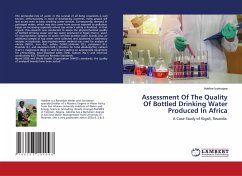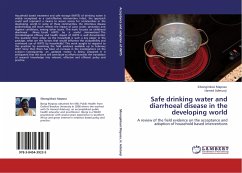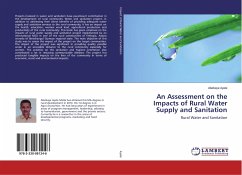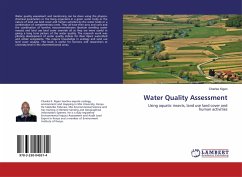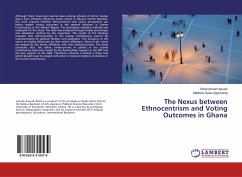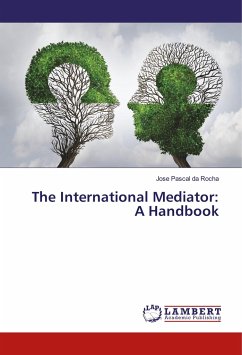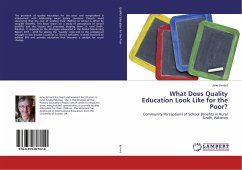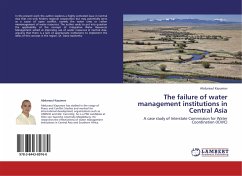The primordial role of water in the survival of all living organisms is well known. Unfortunately, in most of developing countries, many people still lack access even to basic drinking water services. Consequently, demand in packaged water; which may also come from sources exposed to pollution; keeps on increasing especially where tap water's safety is doubted. In that regard, this research was conducted to assess the physicochemical quality of bottled drinking water and tap water produced in Kigali. Hence, seven (7) representative samples of seven certified bottled water brands plus an additional sample of tap water were collected and subjected to laboratory analysis in triplicates. Spectrophotometer method was used for analysis of nitrate (NO3-), iron (Fe), sulfate (SO42-),chloride (Cl-), potassium (K-), Fluoride (F-), and aluminum (Al3-); titration for total alkalinity(TA), calcium (Ca2+), magnesium (Mg2+); and direct reading on appropriate equipment for pH,turbidity, total dissolved solids (TDS), sodium (Na+) and electrical conductivity (EC). Thanks to Rwanda StandardsBoard (RSB) and World Health Organization (WHO)'s standards, the quality of analyzed brands have been sorted.
Bitte wählen Sie Ihr Anliegen aus.
Rechnungen
Retourenschein anfordern
Bestellstatus
Storno

